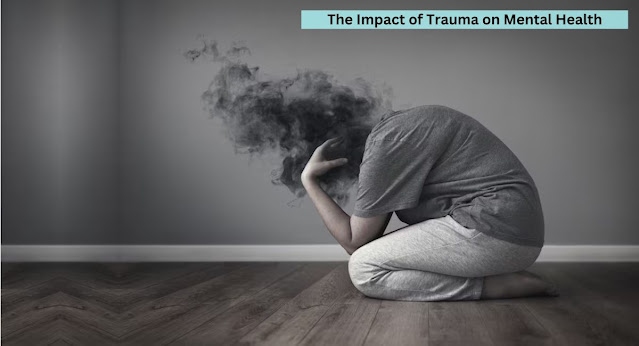Understanding Substance Use Disorder: Causes, Symptoms, And Treatment
Substance Addiction, also known as Substance Use Disorder, affects millions of people worldwide and is a mystery that quietly tightens its grip on untold numbers of people. It’s a chronic, complicated ailment that needs empathy, comprehension, and all-encompassing care. In-depth explanations of substance use disorder’s definition, symptoms, available therapies, commonly asked questions, and a final message of hope are provided in this blog article.
What is Substance Use Disorder?
Substance Use Disorder (SUD) is a medical condition characterized by the recurrent use of drugs or alcohol despite negative consequences. It alters the brain’s normal functioning, leading to compulsive drug-seeking behavior, intense cravings, and the inability to control substance use.
Causes of Substance Use Disorder:
A complex interaction between genetic predispositions, environmental factors, and psychological components leads to substance use disorder. Typical reasons include:
Genetics: A family history of addiction increases the risk of developing SUD due to genetic predispositions.
Mental Health: Individuals with mental health disorders like depression, anxiety, or PTSD may turn to substances to self-medicate.
Environment: Growing up in an environment where substance abuse is prevalent can influence addictive behavior.
Peer Pressure: Trying to fit in with a social group or friends who engage in substance use can lead to addiction.
Recognizing the Symptoms: Identifying the signs of Substance Use Disorder is crucial for early intervention and effective treatment. Common symptoms include:
Increased Tolerance: The need for higher amounts of drugs or alcohol to achieve the same effects.
Withdrawal Symptoms: Physical and emotional symptoms when substance use is reduced or stopped.
Neglecting Responsibilities: Prioritizing drug-seeking behaviors over work, school, or family responsibilities.
Persistent Struggles to Quit: Consistent and determined attempts to stop using substances, but also facing many challenges and difficulties in achieving success.
Loss of Interest: Losing interest in activities once enjoyed, except those related to substance use.
Risky Behavior: Engaging in dangerous activities while under the influence.
Treatment Options:
Fortunately, Substance Use Disorder is treatable, and several evidence-based approaches can help individuals on the road to recovery:
Detoxification: Withdrawal symptoms and safely rid the body of harmful substances by employing medical detoxification effectively.
Therapy: Cognitive Behavioral Therapy (CBT), counseling, and support groups to address the root causes of addiction.
Medications: In some cases, medications may assist in reducing cravings and managing withdrawal symptoms.
Inpatient Rehabilitation: Intensive treatment within a residential facility providing 24/7 support.
Outpatient Programs: Flexible treatment for individuals who can maintain their daily responsibilities.
Conclusion: Substance Use Disorder is a challenging condition that requires empathy and comprehensive care. With understanding, treatment, and support, recovery is possible. If you or someone you know is struggling with addiction, remember that help is available, and no one needs to face it alone. Reach out to a healthcare professional or a helpline to start the journey toward a healthier and happier life.


Comments
Post a Comment